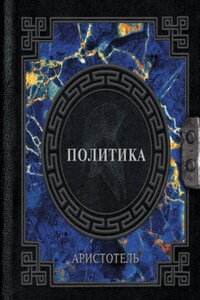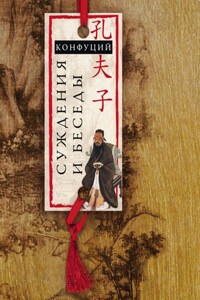THE title, “Vie des Dames Illustres,” given habitually to one volume of Brantôme’s Works, is not that which was chosen by its author. It was given by his first editor fifty years after his death; Brantôme himself having called his work “The Book of the Ladies.”
One of his earliest commentators, Castelnaud, almost a cotemporary, says of him in his Memoirs: —
“Pierre de Bourdeille, Abbé de Brantôme, author of volumes of which I have availed myself in various parts of this history, used his quality as one of those warrior abbés who were called Abbates Milites under the second race of our kings; never ceasing for all that to follow arms and the Court, where his services won him the Collar of the Order and the dignity of gentleman of the Bedchamber to the King.
“He frequented, with unusual esteem for his courage and intelligence, the principal Courts of Europe, such as Spain, Portugal (where the king honoured him with his Order), Scotland, and those of the Princes of Italy. He went to Malta, seeking an occasion to distinguish himself, and after that lost none in our wars of France. But, although he managed perfectly all the great captains of his time and belonged to them by alliance of friendship, fortune was ever contrary to him; so that he never obtained a position worthy, not of his merits only, but of a name so illustrious as his.
“It was this that made him of a rather bad humour in his retreat at Brantôme, where he set himself to compose his books in different frames of mind, according as the persons who recurred to his memory stirred his bile or touched his heart. It is to be wished that he had written a discourse on himself alone, like other seigneurs of his time. He would then have shown us much, if nothing were omitted in it; but perhaps he abstained from doing this in order not to declare his inclinations for the House of Lorraine at the very moment of the ruin of all its schemes; for he was greatly attached to that house, and it appears in various places that he had more respect than affection for the House of Bourbon. It was this that made him take part against the Salic law, in behalf of Queen Marguerite, whom he esteemed infinitely, and whom he saw, with regret, deprived of the Crown of France.
“In many other matters he gives out sentiments which have more of the courtier than the abbé; indeed to be a courtier was his principal profession, as it still is with the greater part of the abbés of the present day; and in view of this quality we must pardon various little liberties which would be less pardonable in a sworn historian.
“I do not speak of the volume of the ‘Dames Galantes’ in order not to condemn the memory of a nobleman whose other Works have rendered him worthy of so much esteem; I attribute the crime of that book to the dissolute habits of the Court of his time, about which more terrible tales could be told than those he relates.
“There is something to complain of in the method with which he writes; but perhaps the name of ‘Notes’ may cover this defect. However that may be, we can gather from him much and very important knowledge on our History; and France is so indebted to him for this labour that I do not hesitate to say that the services of his sword must yield in value to those of his pen. He had much wit and was well read in Letters. In youth he was very pleasing; but I have heard those who knew him intimately say that the griefs of his old age lay heavier upon him than his arms, and were more displeasing than the toils and fatigues of war by sea or land. He regretted his past days, the loss of friends, and he saw nothing that could equal the Court of the Valois, in which he was born and bred…”
“The family of Bourdeille is not only illustrious in temporal prosperities, but it is remarkable throughout antiquity for the valour of its ancestors. King Charlemagne held it in great esteem, which he showed by choosing, when the splendid abbey of Brantôme was founded in Périgord, that the Seigneur de Bourdeille should be associated in that pious work and be, with him, the founder of the Monastery. He therefore made him its patron, and obliged his posterity to defend it against all who might molest the monks and hinder them in the enjoyment of their property.
“If we may rely on ancient deeds [pancartes] still in possession of this family, we must accord it a first rank among those which claim to be descended from kings, inasmuch as they carry back its origin to Marcomir, King of France, and Tiloa Bourdelia, daughter of a king of England.
“The same old deeds relate that Nicanor, son of this Marcomir, being appealed to by the people of Aquitaine to assist them in throwing off the Roman yoke, and having come with an army very near to Bordeaux, was compelled to withdraw by the violence of the Romans, who were stronger than he, and also by a tempest that arose in the sea. Nicanor cast anchor at an island, uninhabited on account of the wild beasts that peopled it, and especially certain griffins, animals with four feet, and heads and wings like eagles.








